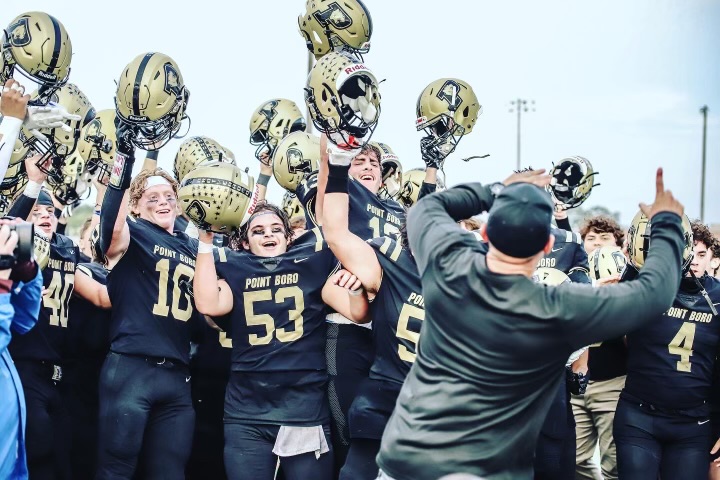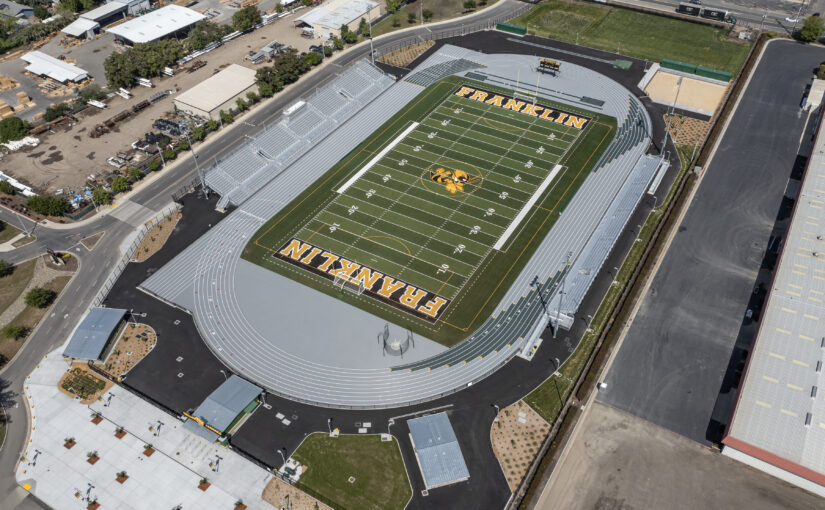Nebraska Football Self-Imposes Penalty For Extra Book Buying
http://www.omaha.com/article/20110705/BIGRED/707059855
LINCOLN — Not knowing how or when the NCAA might punish Nebraska for recently self-reported violations, Nebraska Athletic Director Tom Osborne said that he believes a self-imposed two-year probation for the school was an appropriate and necessary step.
Nebraska on Tuesday released details of wrongdoing involving Husker student-athletes inadvertently using scholarship money to buy textbooks beyond those listed in the class syllabus as required reading.“We’re not necessarily doing it hoping that we’ll get leniency,” Osborne told The World-Herald. “We just felt that what happened did merit some kind of penalty, and we felt that this was appropriate.”
Osborne said Nebraska might not hear from the NCAA until October at the earliest. As for what the NCAA might decide, he said: “I have no idea. I don’t.”
“Whether they will feel that we have done enough, I don’t know,” Osborne said. “It’s embarrassing. I would hope that something like this wouldn’t happen, but I guess if there is any redeeming factor (it’s that) nobody intentionally did anything. Simply we didn’t monitor things as closely as we should have.”
Osborne said he’s sure some people will look at the two-year self-imposed probation and say it doesn’t mean anything.
“But it does,” he said, “in that … then essentially you have less room for error, where if other issues like this would come up you’d be more apt to get some sanctions.”
Nebraska also outlined in its recent report to the NCAA a self-imposed fine of $28,000 that it would pay to a charity as designated by the NU Student-Athlete Advisory Committee.
“Essentially what we’re doing,” Osborne said during an interview in his office, “is pleading guilty to ‘failure to monitor.’”
Osborne said Nebraska first discovered last November that some student-athletes had been allowed to use scholarship money at the university bookstore to purchase books deemed “recommended” by instructors but not required.
According to Osborne, an individual left the NU athletic department in 2005 who had previously kept the bookstore acquainted with regulations for what student-athletes could and could not buy with scholarship money. Somewhere thereafter, he said, and probably because of changes in personnel on both sides, student-athletes began to be told they could receive “recommended” materials.
Hours of NU research determined that the total value of non-required textbooks provided to student-athletes from spring 2007 to fall 2010 was $27,869.47, with the average amount less than $60 per individual. The total value was calculated by taking the cost of the book when purchased and deducting the return value.
The 181 Husker student-athletes participating in spring sports who had received a benefit of less than $100 were allowed to repay the amount received and continue to compete. The 57 with more than $100 in benefits over the course of their careers were declared ineligible by NU, then applied for reinstatement from the NCAA once they had repaid the money.
Osborne said no NU athlete lost playing time or played when the school knew he or she was ineligible.
According to the athletic department, a Husker student-athlete purchases an item at the university bookstore by presenting the cashier with his or her NU ID card. The cashier then cross-checks the books with the student-athlete’s class schedule to verify that the requested books are for courses the student-athlete is enrolled in. The bookstore then charges the costs of the textbooks to athletics.
The Husker report was prepared by Josephine Potuto, NU’s faculty athletics representative who previously was a member of the NCAA Infractions Committee.
“The error that we made was that we simply didn’t monitor the situation as we should have,” Osborne said. “We probably should have had regular communications with the bookstore from our compliance office. And, in turn, it would have been very helpful had the bookstore at some point given us a call and said, ‘You know, is this something that we can do?’ And somehow that got switched, because at some point they obviously did know the rules.”
As Nebraska braces for reaction to its violations, Osborne said it’s important to understand the following:
• Unlike some other NCAA cases involving books, he said, no student-athletes received any money.
“In other words, they didn’t sell their books and pocket the money,” he said. “There was no kind of a scam of that type.”
• No student-athletes or staff members knowingly violated any rules, he said. The student-athletes simply were doing what they were told they could do.
• No athletic competitive advantage was gained, he said, and no coaches were involved.
Osborne said he felt it was important for Nebraska to come forward with its information, even though the timing would appear unfortunate. The Huskers officially entered the Big Ten Friday, and a number of other NCAA member schools have been in the spotlight recently for rules violations.
“It’s not a particularly good time to have something like this happen because, as you know, I think the level of concern on the part of the NCAA and the public is higher than it has been in a long time,” Osborne said. “We could get lumped in with a whole lot of other things going on. Hopefully they will look at the case based on its own merits, and I have no reason to think that they won’t. But we’ll just have to see.”







